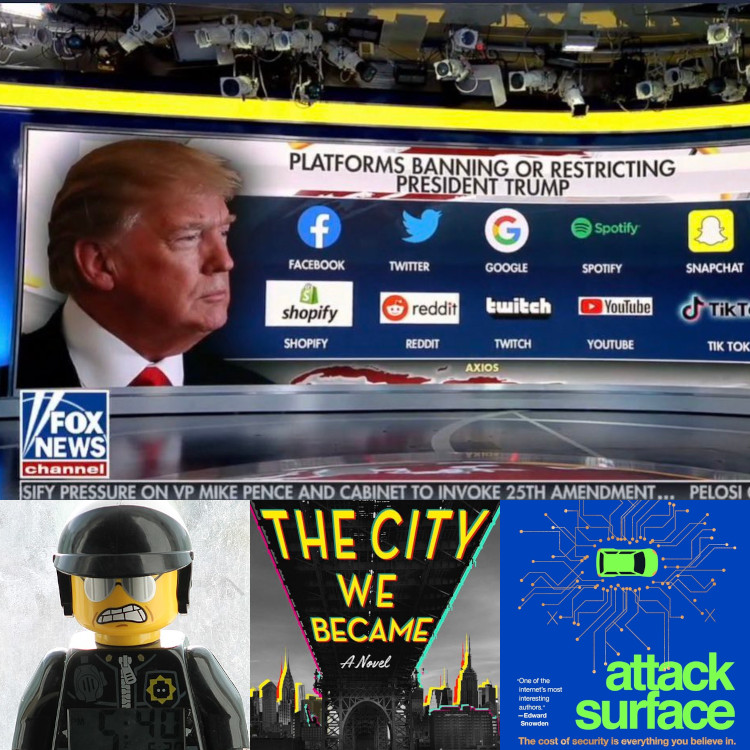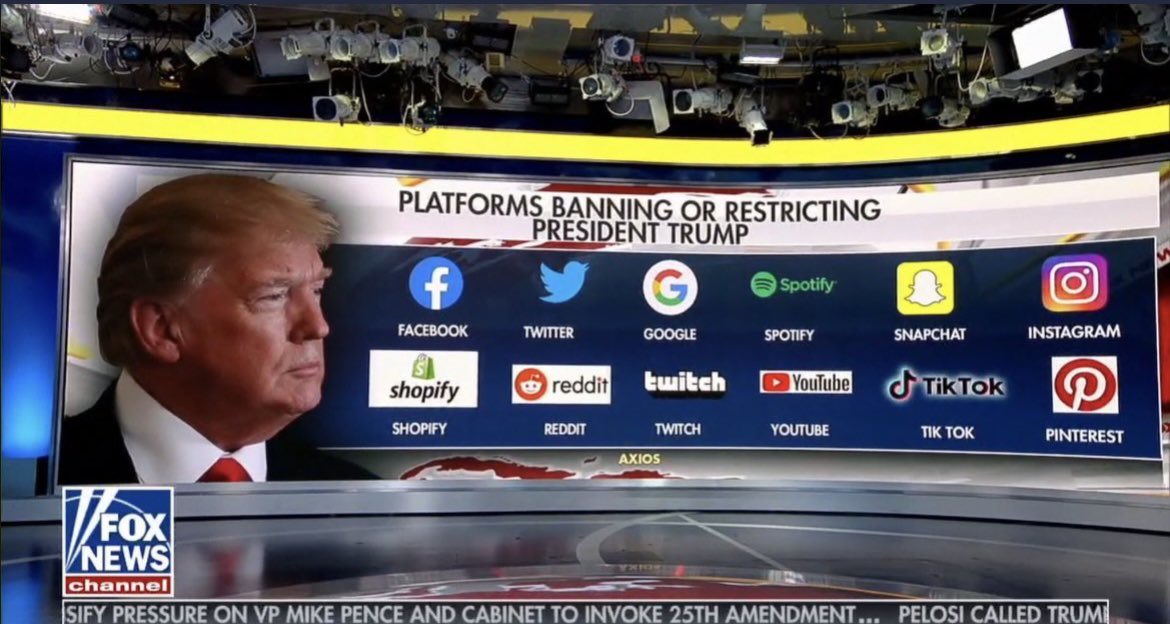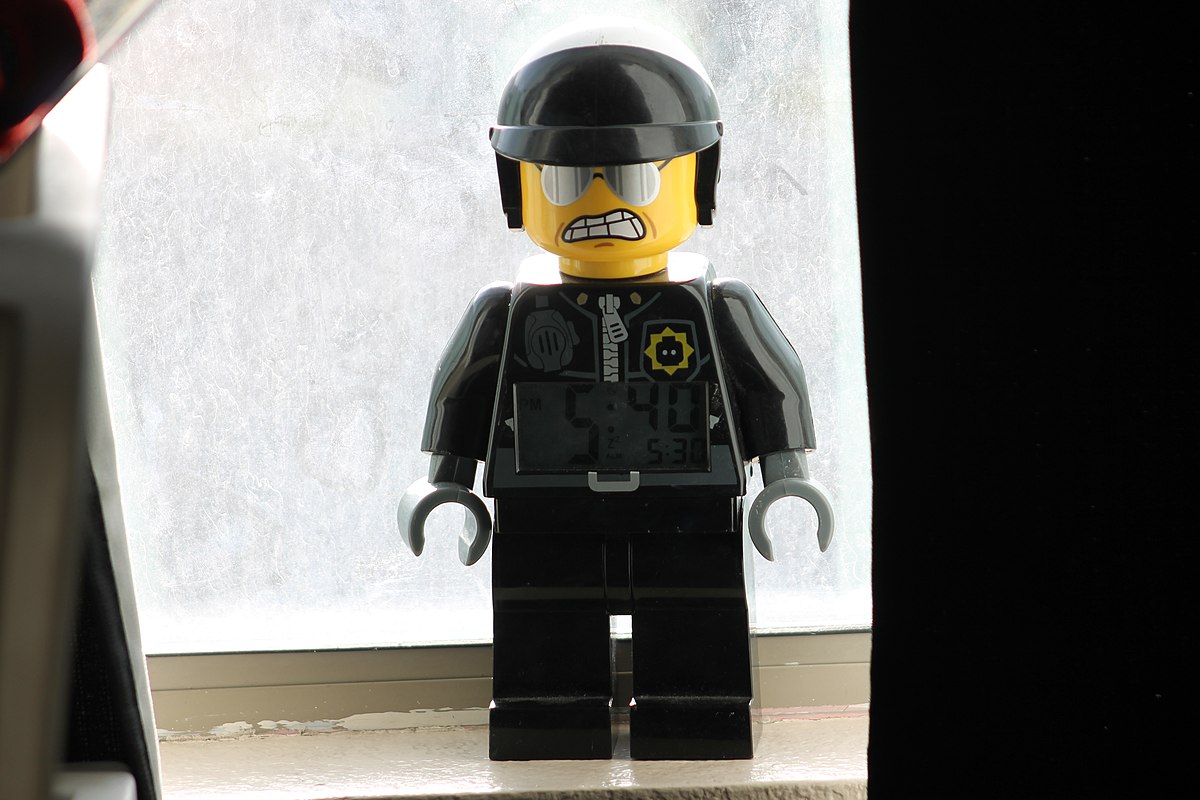
Today's Twitter threads (a Twitter thread).
Inside: Competition is Killing Us; Predatory lender seeks national bank charter; Militarizing cops was a failure; and more!
Archived at: pluralistic.net/2021/01/08/com…
#Pluralistic
1/
Inside: Competition is Killing Us; Predatory lender seeks national bank charter; Militarizing cops was a failure; and more!
Archived at: pluralistic.net/2021/01/08/com…
#Pluralistic
1/
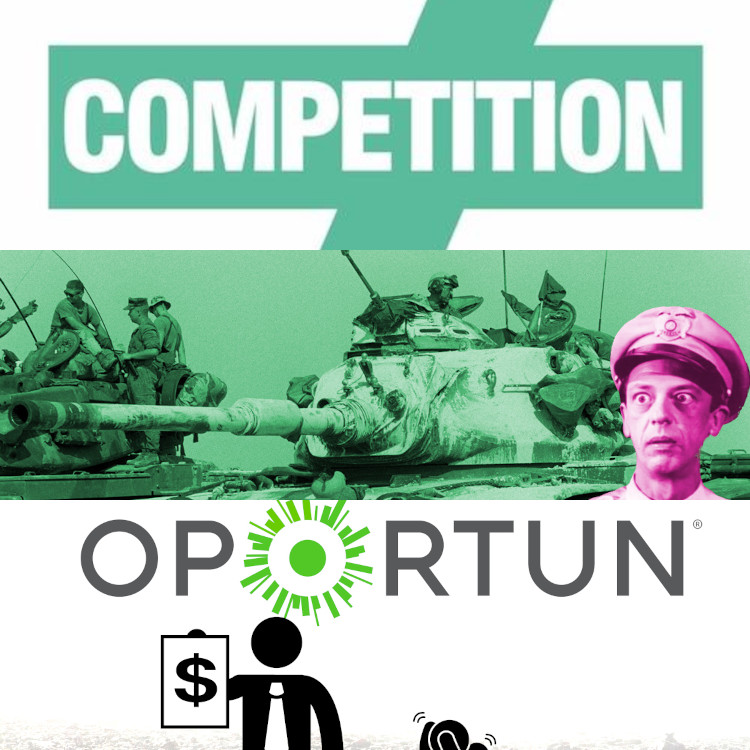
Competition is Killing Us: Consumer harm considered harmful.
2/
https://twitter.com/doctorow/status/1347337250774736897
2/
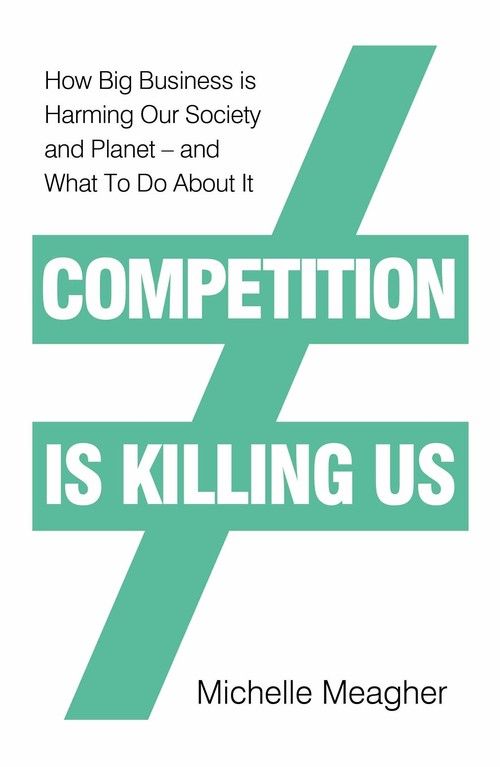
Predatory lender seeks national bank charter: Oportun led America in suing latinx borrowers during the pandemic.
3/
https://twitter.com/doctorow/status/1347586200480071681
3/
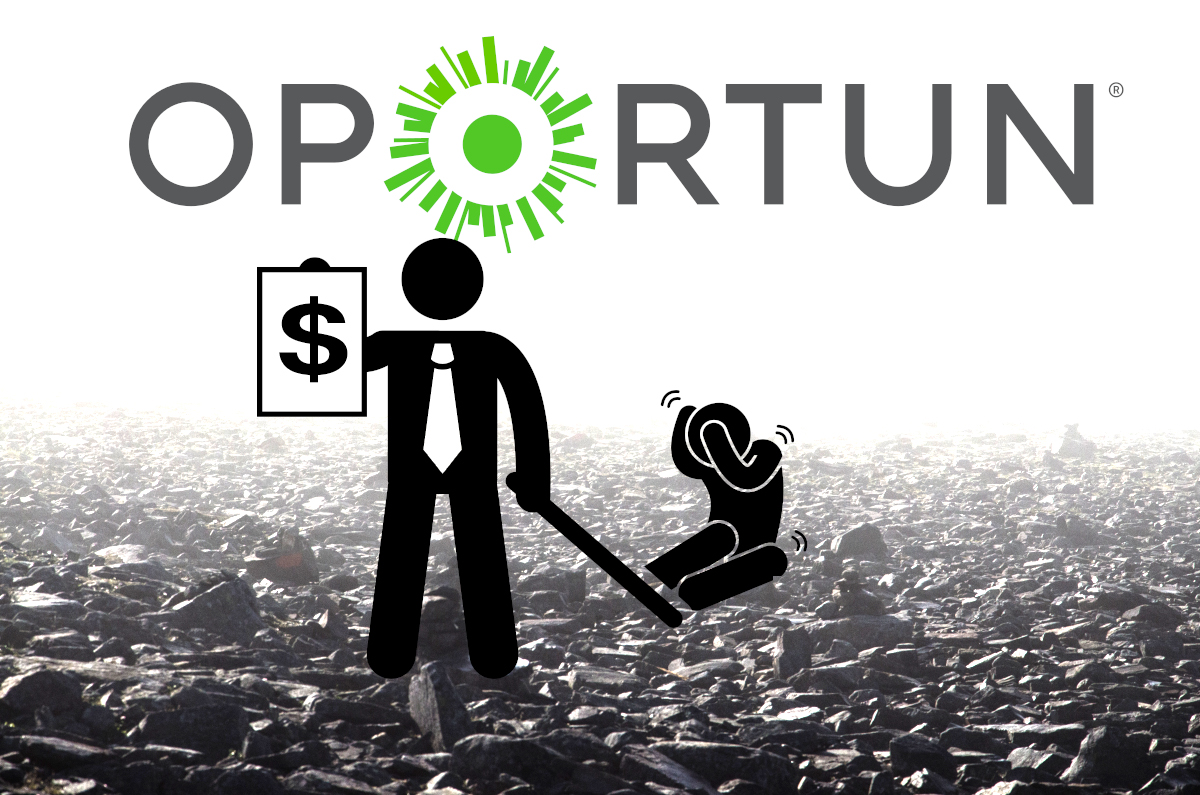
Militarizing cops was a failure: Water still wet.
4/
https://twitter.com/doctorow/status/1347598117995118595
4/

#15yrsago Hollywood’s Canadian MP claims she’s no dirtier than the rest web.archive.org/web/2006090616…
#15yrsago John McDaid’s brilliant sf story Keyboard Practice free online web.archive.org/web/2006011105…
5/
#15yrsago John McDaid’s brilliant sf story Keyboard Practice free online web.archive.org/web/2006011105…
5/
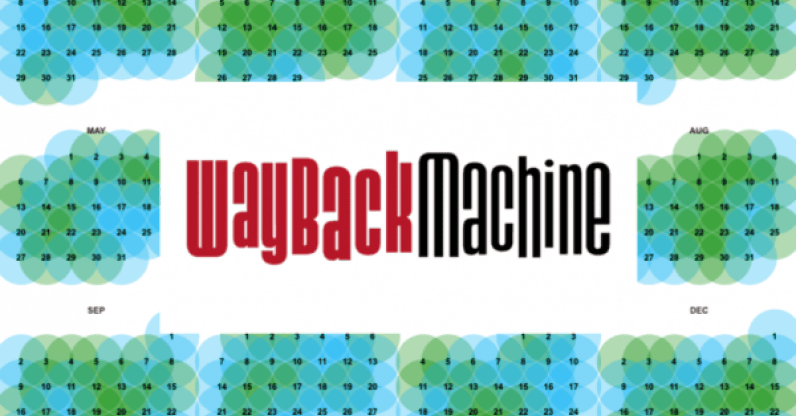
#5yrsago Gene Luen Yang’s inaugural speech as National Ambassador for Young People’s Literature memex.craphound.com/2016/01/08/gen…
#1yrago Three years after the W3C approved a DRM standard, it’s no longer possible to make a functional indie browser blog.samuelmaddock.com/posts/the-end-…
6/
#1yrago Three years after the W3C approved a DRM standard, it’s no longer possible to make a functional indie browser blog.samuelmaddock.com/posts/the-end-…
6/

#1yrago A Public Service: a comprehensive, comprehensible guide to leaking documents to journalists and public service groups without getting caught memex.craphound.com/2020/01/08/a-p…
7/
7/

Yesterday's threads: Into the breach; Revolutionary Colossus; and more!
8/
https://twitter.com/doctorow/status/1347260270662488065
8/
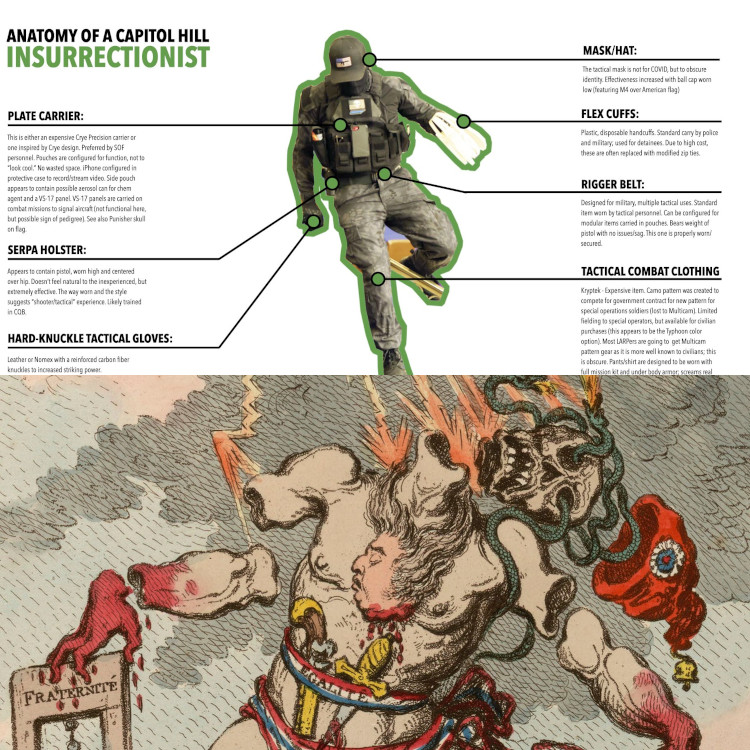
My latest novel is Attack Surface, a sequel to my bestselling Little Brother books. @washingtonpost called it "a political cyberthriller, vigorous, bold and savvy about the limits of revolution and resistance."
Get signed books from @darkdel: darkdel.com/store/p1840/Av…
9/
Get signed books from @darkdel: darkdel.com/store/p1840/Av…
9/
I have a (free) new book out! "How to Destroy Surveillance Capitalism" is an anti-monopolist critique of Big Tech that connects the rise of conspiratorial thinking to the rise of tech monopolies and proposes a way to deal with both:
onezero.medium.com/how-to-destroy…
10/
onezero.medium.com/how-to-destroy…
10/
My ebooks and audiobooks (from @torbooks, @HoZ_Books, @mcsweeneys, and others) are for sale all over the net, but I sell 'em too, and when you buy 'em from me, I earn twice as much and you get books with no DRM and no license "agreements."
craphound.com/shop/
11/
craphound.com/shop/
11/

Upcoming appearances:
* What if the future of our public lives online looked like _____? (panel at New_ Public), Jan 13, newpublic.org/festival/event…
* Keynote for linux.conf.au, Jan 22 (US) 23 (Australia) linux.conf.au/schedule/
12/
* What if the future of our public lives online looked like _____? (panel at New_ Public), Jan 13, newpublic.org/festival/event…
* Keynote for linux.conf.au, Jan 22 (US) 23 (Australia) linux.conf.au/schedule/
12/

Recent appearances:
* Hedging Bets on the Future (Motherboard):
play.acast.com/s/cyber/hedgin…
* Applying the Pandemic Mindset to Climate Change:
hbr.org/podcast/2020/1…
* 2020 Beaverbrook Lectures:
* Bibliotherapy/Shelf Healing:
buzzsprout.com/1509671/6580831
13/
* Hedging Bets on the Future (Motherboard):
play.acast.com/s/cyber/hedgin…
* Applying the Pandemic Mindset to Climate Change:
hbr.org/podcast/2020/1…
* 2020 Beaverbrook Lectures:
* Bibliotherapy/Shelf Healing:
buzzsprout.com/1509671/6580831
13/
My first picture book is out! It's called Poesy the Monster Slayer and it's an epic tale of bedtime-refusal, toy-hacking and monster-hunting, illustrated by Matt Rockefeller. It's the monster book I dreamt of reading to my own daughter.
pluralistic.net/2020/07/14/poe…
14/
pluralistic.net/2020/07/14/poe…
14/

You can also follow these posts as a daily blog at pluralistic.net: no ads, trackers, or data-collection!
Here's today's edition: pluralistic.net/2021/01/08/com…
15/
Here's today's edition: pluralistic.net/2021/01/08/com…
15/
If you prefer a newsletter, subscribe to the plura-list, which is also ad- and tracker-free, and is utterly unadorned save a single daily emoji. Today's is "💅🏾". Suggestions solicited for future emojis!
Subscribe here: pluralistic.net/plura-list
16/
Subscribe here: pluralistic.net/plura-list
16/
Are you trying to wean yourself off Big Tech? Follow these threads on the #fediverse at @pluralistic@mamot.fr.
Here's today's edition: mamot.fr/@pluralistic/1…
17/
Here's today's edition: mamot.fr/@pluralistic/1…
17/
• • •
Missing some Tweet in this thread? You can try to
force a refresh


